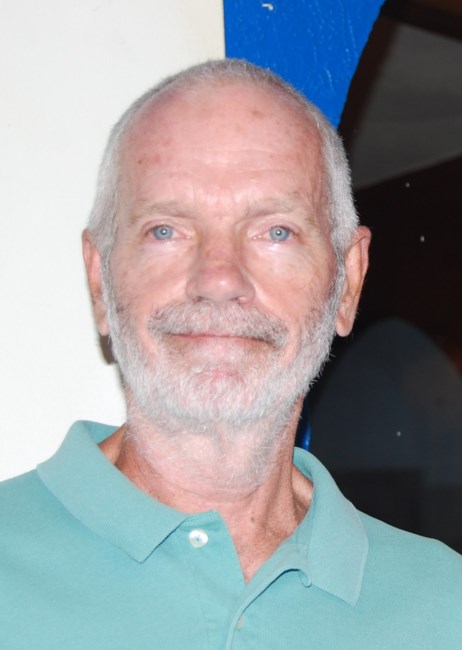
OBITUARIO
Gordon Wayne Pledger
4 diciembre, 1942 – 14 octubre, 2015

A husband of 47 years, Gordon went to be with the Lord on October 14, 2015, at the age of 72 years, 10 months, 10 days. He is survived by his wife Linda of Hamilton, TX, mother Othelda Standifer of Dallas, TX, brother and wife Michael and Sue Pledger of Mason, TX, sister and husband Jan and Tim Kirby of Dallas, TX, son and wife Clay and Tammy Pledger of Goldthwaite, TX, daughter and husband Elizabeth and Ike jones of Abingdon, MD, son David Pledger of Hamilton, TX, son and wife Gregory and Martha Pledger of Lubbock, TX, aunts, cousins, nieces and nephews, nine grandchildren and numerous friends and colleagues. As in life, Gordon controlled everything about himself. The following was written by his own hand as he contemplated his home going.
“Gordon Pledger was born in Dallas, Texas in 1942 and grew up in the Oak Cliff section of Dallas. He lived with his parents, Ray and Othelda, brother Mike and sister Jan.
He graduated from Sunset High School in Dallas, Texas and followed a conventional path, i.e., he did not spend a year backpacking around Europe trying to find himself. He completed his BA and MA in mathematics at The University of Texas, Austin, where tuition at the time was $50 per semester and good high school grades were not an admission requirement. (Lucky—see below.) He then ventured out of the Lone Star State and obtained his PhD in Statistics at The University of Missouri. Mizzou was pretty much randomly chosen but again, in his view a fortunate choice.
As a newly minted PhD, he tried the university professor thing as seemed to be expected. After teaching at Florida State, Nebraska and UT Austin, he finally faced the undeniable truth: teaching was not his calling. His students could have told him that earlier and saved everyone some time and misery, but at least he figured it out.
Then came another random turn. He heard an FDA representative give a talk mentioning during his talk that the FDA had openings for biostatisticians. He didn’t really know what that was but figured it was worth a shot; at least it didn’t involve teaching. So, he joined the FDA and loved being a biostatistician, after he figured out what that was. During his 30-year career in biostatistics, he also held positions at the National Institutes of Health and at Johnson & Johnson. He retired in 2005.
He was a Fellow of the American Statistical Association and the recipient of the 2005 PhRMA statisticians Career Achievement Award. He authored or coauthored over 50 papers in statistical and medical journals. He freely acknowledged that many of these were resume-padders but some had major impact and have been frequently cited. Among these were his papers on novel designs for antiepileptic drug studies; these designs played a key role in making new treatments available for patients with epilepsy. In addition, he made foundational contributions in the area of adaptive clinical study designs, i.e., designs that gain efficiency through data-based modification during the ongoing study.
Perhaps the accomplishment that brought him the greatest satisfaction was running a marathon. His time will not be reported here but let it be known that it was very warm and humid that spring day in Austin, Texas. The marathon and running in general, meant a lot to him because he had absolutely no natural ability. Mathematics was a path of least resistance; running represented challenging a weakness. He was an almost daily runner for 40 years, once breaking a streak of 196 consecutive days of running at least five miles when his wife Linda timed the delivery of their second child inconveniently.
He was lucky, i.e., he considered himself the recipient of more than his share of good fortune. Some ill fortune near the end did not negate this view. He had the opportunity to pursue higher education. He had a wife who came amazingly close to the ideal of Proverbs. He had four children and nine grandchildren, each a treasure in his or her unique way (sleepless nights notwithstanding). He had friends who enriched his life immeasurably. He had jobs that paid a living wage and were fun. He saw baseball games in 24 major league parks.
Regrets: None worth mentioning. Except that he never became a banker.”
Muestre su apoyo
Comparta Un Recuerdo
Comparta
Un Obituario
Obtenga actualizaciones
Servicios
COMPARTA UN OBITUARIOCOMPARTA
- RECIBIR RECORDATORIOS
v.1.12.1